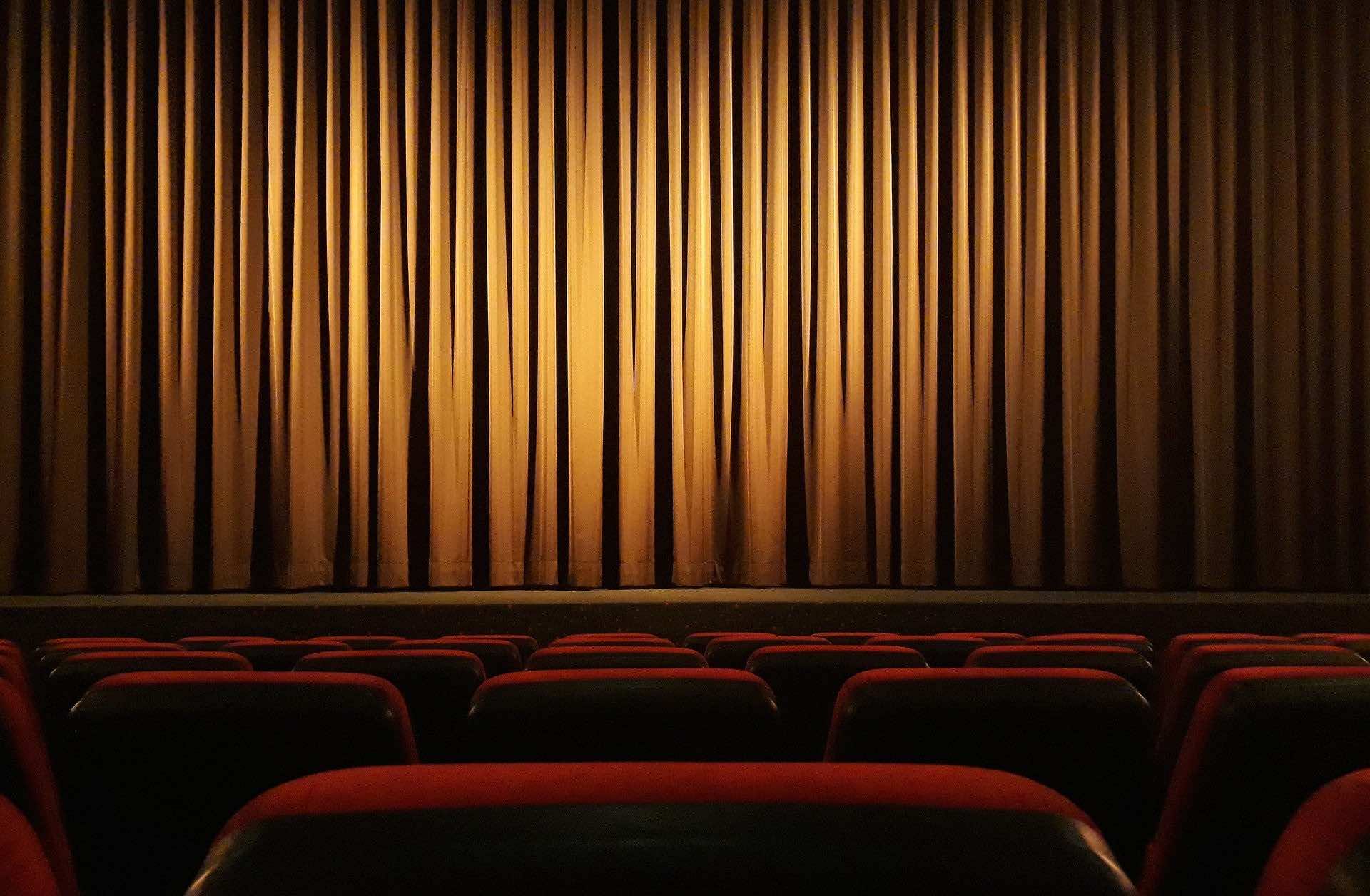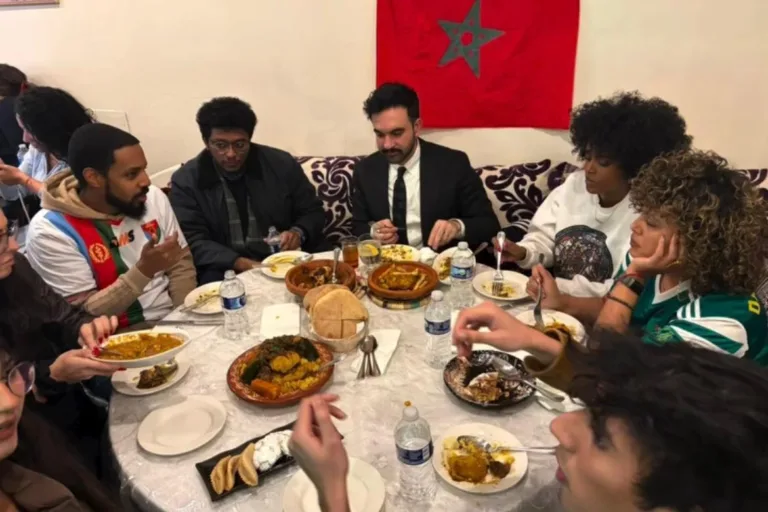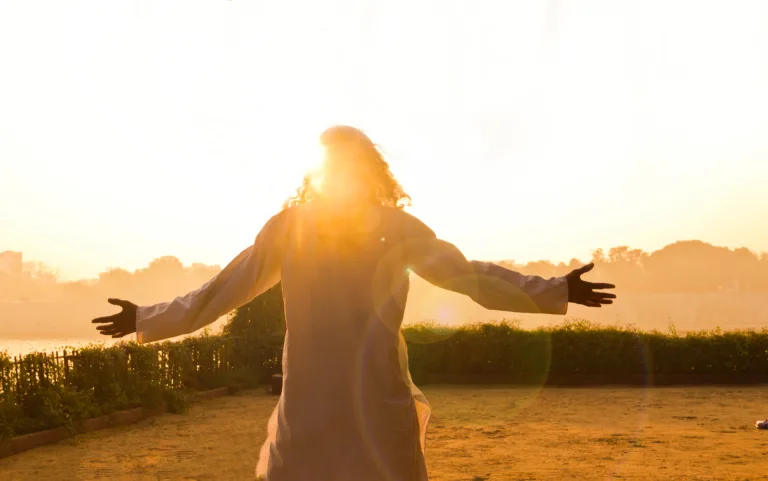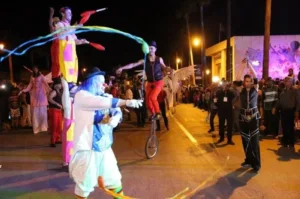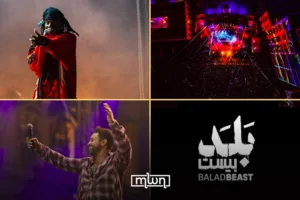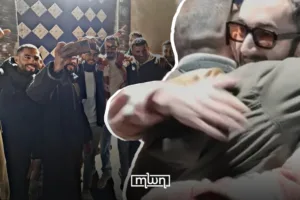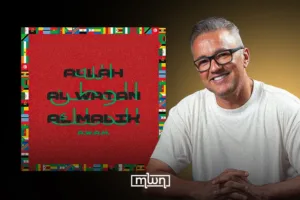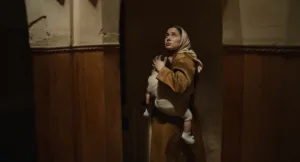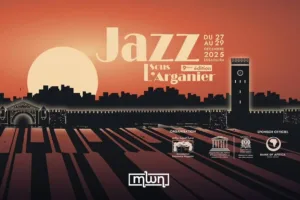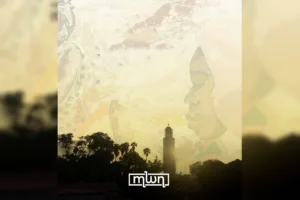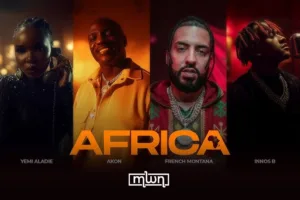Rabat – The 18th edition of the International Festival of Cinema and Migration in Agadir will take place between June 13 and 18 after being repeatedly postponed due to the ongoing COVID-19 pandemic.
In January, the event’s organizer, Initiative Culturelle (Cultural Initiative), announced postponing the event to a later date due to a surge in COVID-19 cases.
Initially scheduled for December 13-18, 2021, the festival was pushed to February and then to May 2022 before the latest announcement.
The International Festival of Cinema and Migration attracts a wide international selection of feature films and short films narrating the experiences of migrants. In past editions of the festival, some of the displayed productions were directed by immigrants.
Like numerous cinema and music celebrations in Morocco, Agadir’s festival returns after a two-year hiatus. Its 17th edition took place online between December 22 and 26, 2020.
Read Also: Jazzablanca Festival To Return In July After Two Year Covid Absence
The latest edition was marked with the selection of three feature and short films for the Grand Prize, Best Director, and Best Scenario. The festival also hosted a master class on university training of cinema professionals.
The movie Le Jeune Ahmed (Young Ahmed) received the Grand prize while the Best Director and Best Scenario awards went to Zeus and Rafaël, in the respective order.
Le Jeune Ahmed (2019) is a Belgian Cannes-awarded movie directed by the brothers Jean-Pierre and Luc Dardenne. It revolves around the story of a 13-year-old young Muslim boy who murders his teacher in the name of his religion.
Zeus (2016) is a film by Portuguese director Paulo Filipe Monteiro. It is a homage to Manuel Teixeira Gomes, former President of Portugal. Gomes was a writer and elected president who left Portugal to settle in Algeria where he later died.
Directed by Dutch filmmaker Rafael Ben Sombogaart, Rafael (2018) is an interpretation of Christine Otten’s book of the same name. The film focuses on the story of Tunisian Nazir and his Dutch pregnant wife Kimmy. The story reflects Nazir’s struggle to join his wife in Europe amid the Arab Spring. His attempt to enter Europe irregularly led to his detention by Italian authorities on Lampedusa island.
The three movies provide different examples of migratory itineraries, especially in terms of the motives and consequences of migration.
Read Also: Morocco Reiterates Commitment to Humanitarian Approach to Migration

